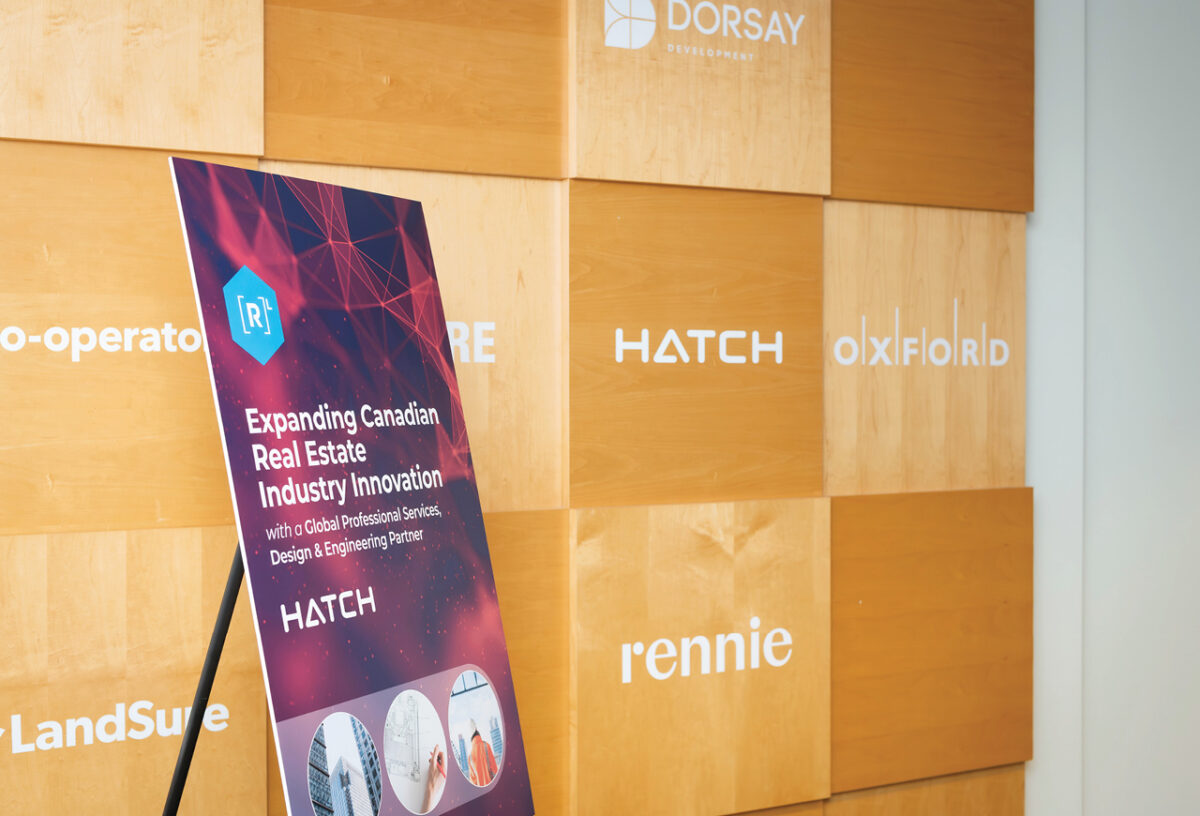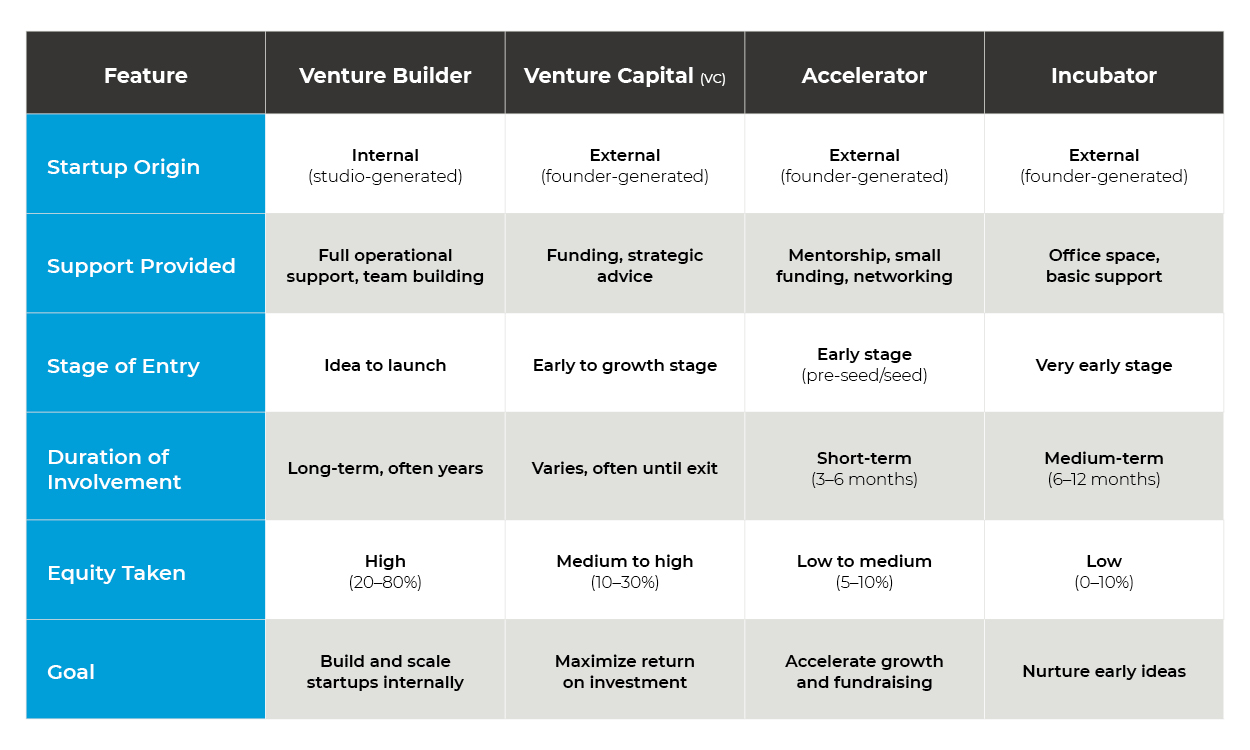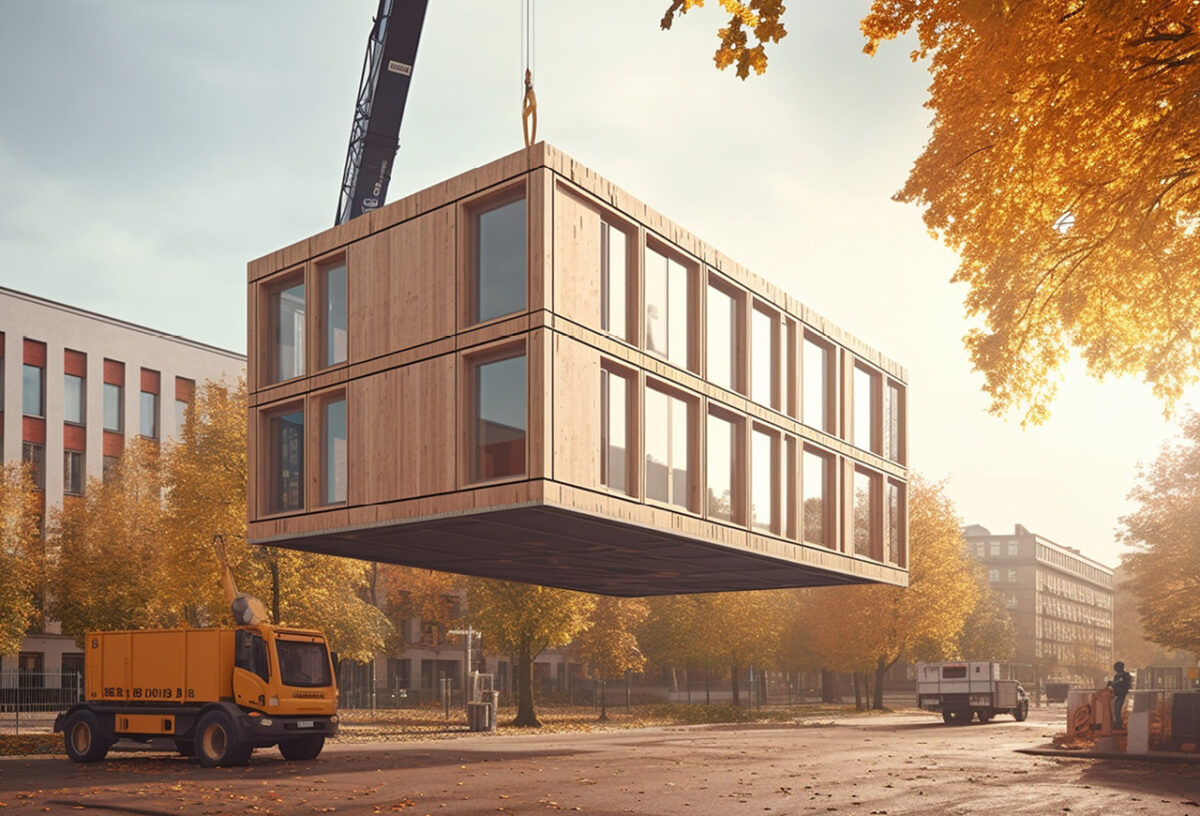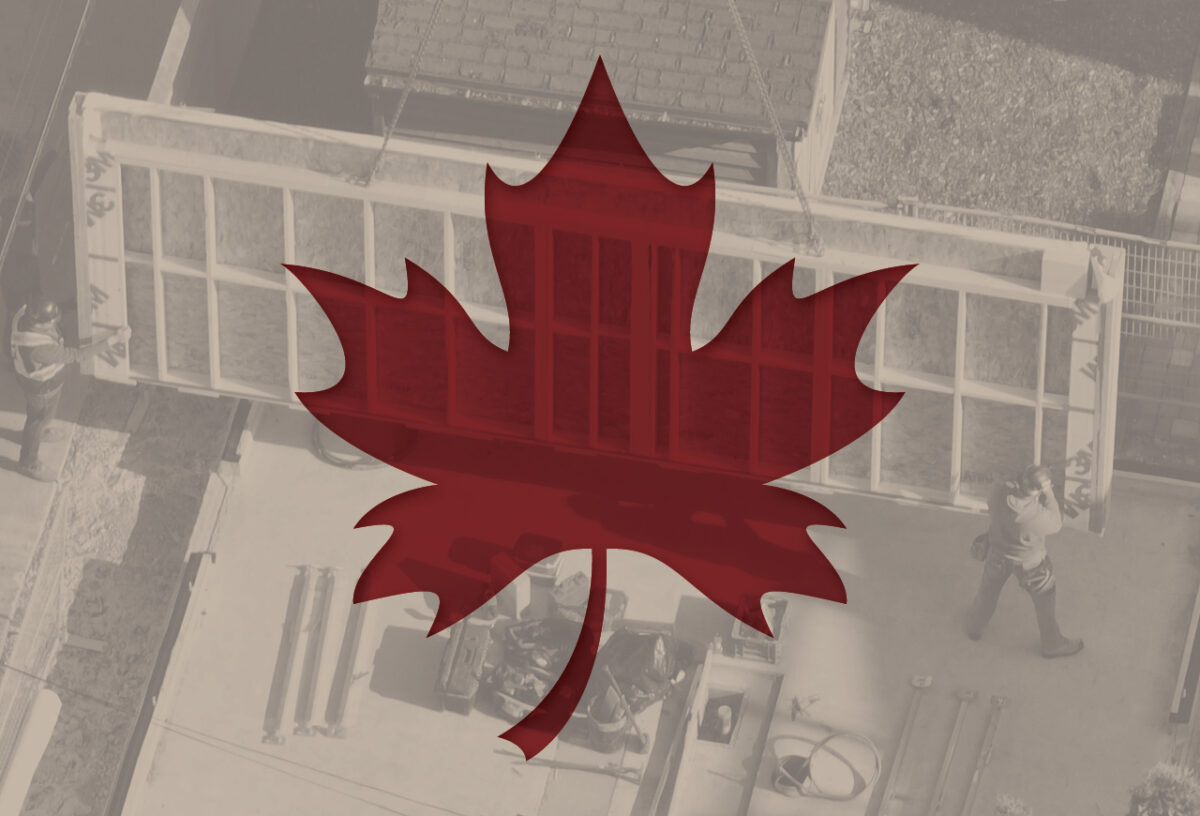Generational Investing: Aligning Purpose and Performance in Real Estate
Mae Tsui
on
August 26, 2025
Across the world, family offices are shaping more than financial portfolios, they’re influencing the future of industries, communities, and the built environment. With the ability to think in decades rather than quarters, they are uniquely positioned to invest in solutions that deliver strong returns while addressing some of society’s most pressing challenges.
In real estate, that opportunity is expanding. Advances in how we design, build, and manage property are unlocking new pathways for investments that perform financially and create lasting impact. For those ready to take a generational approach, the potential to leave a legacy of both value and progress has never been greater.
A Generational Mandate for New Solutions
Real estate has long been a cornerstone asset class for family offices. It offers tangible value, income stability, and the ability to directly influence communities. But today’s landscape adds a new dimension: the responsibility to invest in ways that address urgent challenges like housing affordability, climate resiliency, and sustainable urban growth.
Meeting these challenges requires more than capital, it requires a commitment to innovation. This could mean backing new construction methods that lower costs and emissions, integrating data tools that unlock deeper insights, or supporting business models that remove inefficiencies from the system.
The next generation of family office leaders is asking not only, “What will this return?” but also, “What will this change?” That shift doesn’t mean sacrificing performance, it means redefining it. Portfolios built for both purpose and profit can outperform over time by aligning with enduring market needs, regulatory trends, and societal priorities.
The Dual Return: Value to Investors and to Society
Purpose-driven real estate investing is not philanthropy. It’s about identifying opportunities where market forces and societal needs converge and where innovation can unlock both.
- Climate-Resilient Development: Projects that integrate advanced risk assessment, predictive modelling, and adaptive design safeguard asset value while protecting communities from environmental impacts.
- Industrialized Housing: Off-site production and precision manufacturing deliver homes faster, at lower cost, and with a reduced environmental footprint meeting demand without sacrificing quality. Assembly, an R-LABS partner company, is bringing this vision to life with a state-of-the-art manufacturing facility designed to scale housing delivery while maintaining high standards for sustainability and performance.
- Transparent Data and Technology: Platforms that improve accuracy, efficiency, and trust in real estate transactions benefit both market participants and the public.
Each of these represents a long-term growth area where innovation is already reshaping outcomes. For family offices, they are opportunities to invest in ventures that stand the test of time while delivering competitive returns and leaving a legacy of progress.
Why Real Estate Is the Right Lever for Innovation
Unlike other asset classes, real estate exists at the intersection of economic activity, environmental stewardship, and community well-being. Decisions made today influence not just portfolio performance, but also how people live, work, and connect for generations.
Innovation is changing how those decisions are made and executed:
- Adaptive Reuse: Reimagining underutilized assets through sustainable design and construction techniques.
- Mixed-Income, Mixed-Use Development: Designing inclusive communities supported by integrated services and technology.
- Data-Driven Risk Management: Leveraging AI and property-level analytics to anticipate and mitigate threats before they become costly realities.
Family offices, with the ability to move quickly, invest patiently, and think beyond election cycles or fiscal years, are uniquely positioned to lead in applying these innovations at scale.
The R-LABS Approach: Building Ventures for Impact and Scale
R-LABS is a venture builder for the real estate industry, designed to address systemic challenges through innovation. We work with founders, industry leaders, and investors to create ventures that combine commercial viability with measurable societal benefit.
For family offices, this approach aligns with the principles of generational investing:
- Long-Term Value Creation: Building companies designed to endure, not just exit.
- Scalable Solutions: Developing innovations that can expand nationally and globally.
- Purpose Alignment: Targeting ventures that address critical challenges in housing and real estate.
Whether advancing climate-resilient development through NOAH, enabling industrialized housing through Assembly, or modernizing property inspections through HomePorter, our ventures share a common goal: to deliver both financial performance and lasting impact proving that innovation and return can go hand-in-hand.
A Legacy Measured in More Than Numbers
The influence of family offices goes far beyond capital allocation. Their decisions can shape industries, accelerate innovation, and set new standards for responsible investment. In real estate, where the built environment will outlast any single market cycle, those decisions carry generational weight.
For the leaders of today and those preparing to take the helm tomorrow, the question is no longer whether portfolios can deliver both societal and financial returns. It’s how quickly they can be built, and how intentionally they can be managed, to ensure they endure.
Real estate offers the opportunity to do both. And for family offices ready to align purpose and performance, innovation will be the tool that makes it possible.













